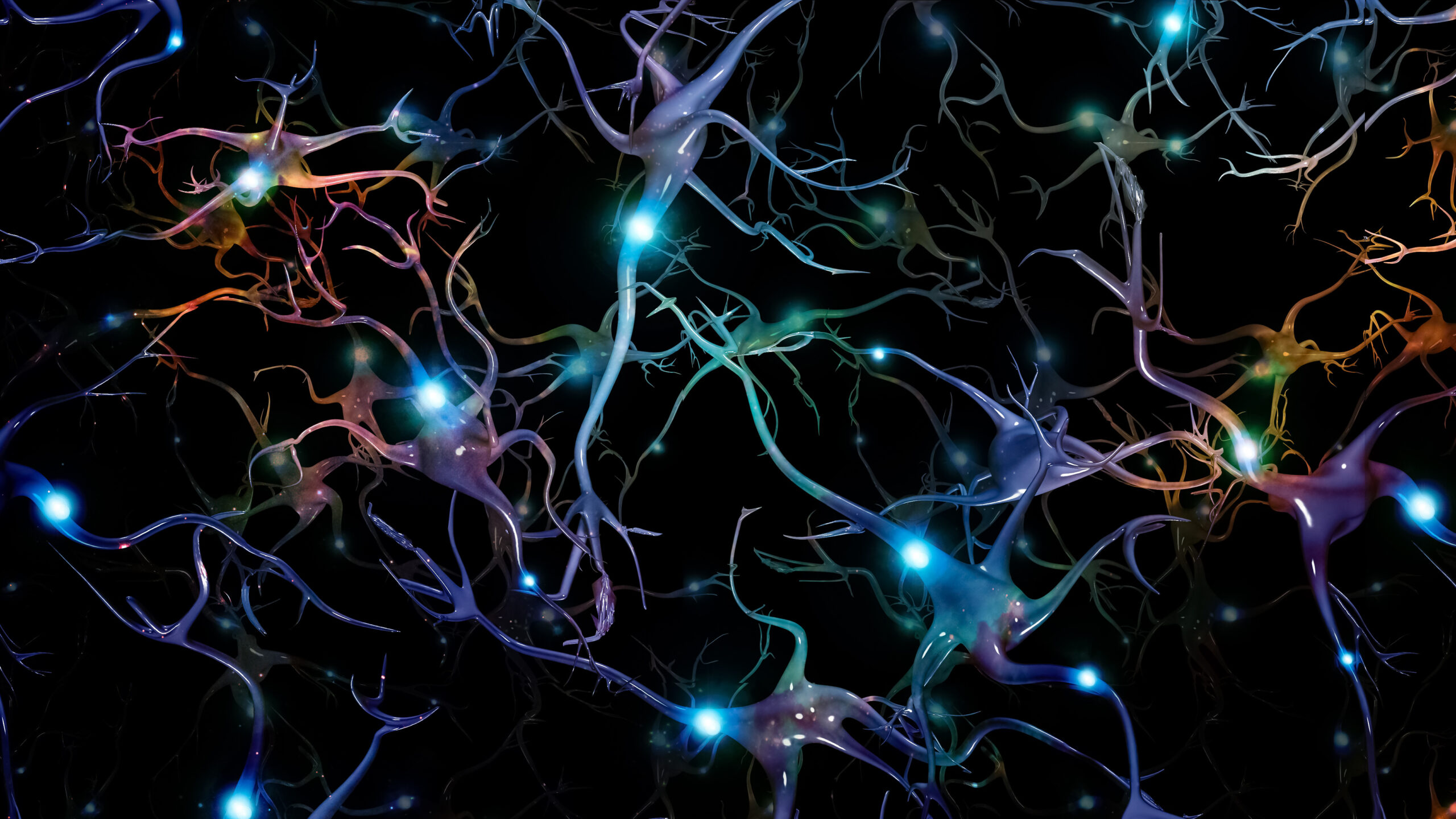How does aging affect taste and appetite and how to cope
As people grow older, many notice that their taste and appetite change. These changes can make eating less enjoyable and sometimes lead to eating less, which can affect overall health. Understanding why this happens and how to cope with it can help seniors maintain good nutrition and enjoy their meals.
## How Aging Affects Taste and Appetite
### Changes in Taste and Smell
One of the main reasons appetite decreases with age is because the senses of taste and smell tend to weaken. This happens due to a natural decline in the number of taste buds as well as changes in smell receptors. Since much of what we perceive as flavor comes from our sense of smell, losing this ability makes food seem bland or less appealing[1][5].
### Hormonal Changes
Hormones that regulate hunger also change with age. For example, ghrelin, known as the “hunger hormone,” may decrease, causing a reduced feeling of hunger. Other hormones like leptin and insulin also shift with aging, affecting how full or hungry someone feels[1].
### Brain Function
The brain plays a key role in controlling appetite by processing signals about hunger and fullness. As we get older, certain brain areas involved in these processes may shrink or function differently due to changes in neurotransmitters (chemical messengers). This can alter how strongly someone feels hungry or satisfied after eating[1].
### Other Factors That Affect Appetite
Besides biological reasons:
– Medications often cause side effects such as dry mouth or nausea that reduce desire to eat.
– Dental problems like missing teeth or ill-fitting dentures make chewing difficult.
– Emotional factors such as loneliness, depression, or grief can lower interest in food.
– Chronic illnesses may also interfere with normal eating habits[2][4].
## How To Cope With Changes In Taste And Appetite
### Make Food More Appealing
Since sensory enjoyment declines with age:
– Use colorful fruits and vegetables on plates for visual appeal.
– Add herbs and spices instead of salt to enhance flavors without harming health.
– Serve meals attractively on nice dishes.
– Create a pleasant dining environment—soft lighting, calm music—to encourage eating[2].
### Address Medical Issues
If medications are causing poor appetite or taste problems:
– Talk with healthcare providers about possible alternatives or adjustments.
Dental issues should be checked by dentists who might suggest better-fitting dentures.
If emotional issues like depression are present:
– Seek support from counselors or social groups.
Sometimes doctors might prescribe medications called appetite stimulants if natural hunger is very low due to physiological causes—but these need careful consideration because they have risks especially for older adults[1].
### Small Frequent Meals And Nutrient-Dense Foods
Eating smaller portions more often during the day rather than three large meals helps manage reduced appetite better.
Choosing nutrient-rich foods ensures adequate vitamins and minerals even if total food intake is lower.
### Stay Hydrated And Maintain Oral Health
Dry mouth reduces taste sensation; drinking enough water helps keep saliva flowing.
Good oral hygiene improves comfort while eating.
—
Aging naturally brings changes that affect how food tastes and how hungry one feels. By understanding these shifts—losses in sensory perception, hormonal adjustments, brain function changes—and addressing other factors like medication side effects or emotional health challenges seniors can find ways to enjoy their meals again while maintaining good nutrition for healthy aging.[1][2][4][5]





